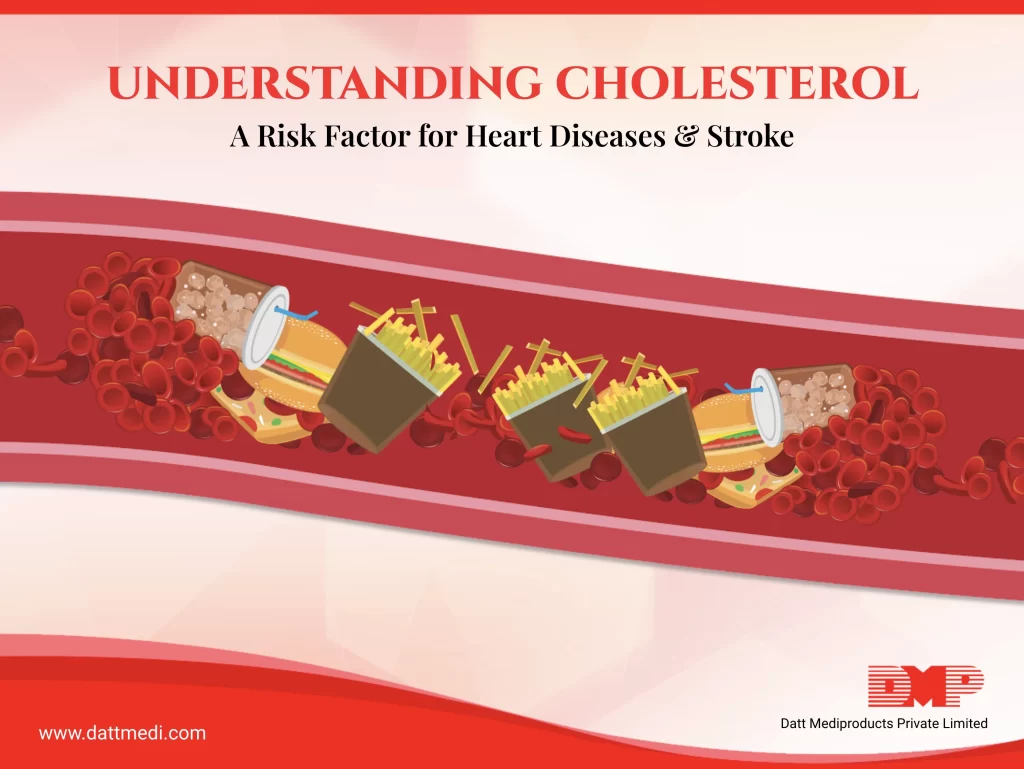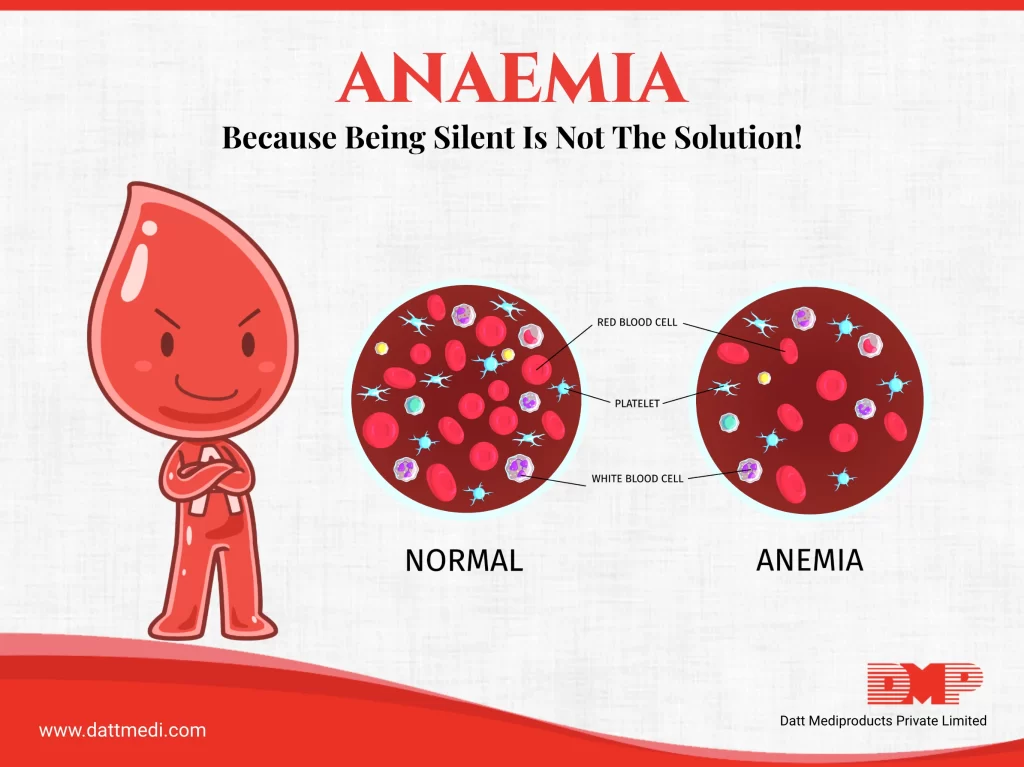
What is Cholesterol?
Cholesterol is a waxy fatty-substance that circulates in the blood and performs important functions like making hormones and digesting fatty foods. Cholesterol in the blood is essential for maintaining good health.
The liver produces 75% of the cholesterol and 25% comes from the food we eat. Dietary cholesterol is found in animal foods, like meat, seafood, poultry, eggs, and dairy products.
Do You Know?
Cholesterol is carried in the blood with the help of proteins. Both when combined are called as “Lipoproteins”.
What is Good & Bad Cholesterol?
Cholesterol can be mainly classified into two categories namely, High-density lipoproteins or Non-high-density lipoproteins (as know as LDL: Low-density lipoproteins).
- High-density lipoproteins: HDL is also called “Good cholesterol”. High levels of HDL in the body helps lower the risk of various heart complications and stroke.
- Low-density lipoproteins: LDL is also called “Bad cholesterol”. Raised levels of LDL in the blood increase the risk of developing heart diseases (like a blockage in coronary arteries leading to angina and heart attacks) and stroke (which can lead to paralysis).
HDL absorbs bad cholesterol from the arteries and takes it back to the liver, which then flushes the cholesterol out of the body. Only 1/3rd or 1/4th of the cholesterol is carried by HDL.
Why is High Cholesterol bad for you?
Cholesterol is required in our blood to stay healthy. But high levels of cholesterol can lead to serious health complications. Extra cholesterol can build up and narrow down the arteries. This happens when cholesterol (plaque) sticks to the inside of the arteries, the lumen of arteries gets narrowed which lessens/blocks the flow of blood. A clot in a narrowed artery can cause a heart attack or stroke apart from various other health complications.
Do You Know?
The process of plaque building up inside the arteries and their narrowing up is called as ATHEROSCLEROSIS.
- Narrowed arteries:
When arteries become narrower because of fatty deposits, it becomes harder for the blood to flow through them. The heart has to work hard to pump the blood around your body. After a period of time, the heart becomes weak and its work efficiency decreases. - Blood clots:
Blood clots formed over the hardened parts of the arteries can block the artery completely and cutting off the blood flow. The blood clots formed can break and travel in the blood vessel which can become lodged in an artery or vein in another part of the body. This causes an obstruction of the blood flow further leading to complications like deep vein thrombosis, pulmonary embolism, stroke, etc.
What Causes High Cholesterol?
Our body produces enough LDL cholesterol (Bad Cholesterol) as it is. Our unhealthy habits lead to our production of LDL cholesterol to increase even more hampering our body. These unhealthy habits and behaviors may include:
- Eating an unhealthy diet
- Lack of physical activity
- Smoking or tobacco consumption
- Excess weight/ obesity
- Family history can also play a role. For some people high cholesterol is genetic; it passes on from one generation to the next through the family genes. This is called familial hypercholesterolemia.
High Cholesterol can lead to other complications like coronary heart disease, angina (chest pain), heart attack, mini-strokes or transient ischemic attack (TIA), peripheral arterial disease (PAD), heart failure and vascular dementia.
We @DattMediproducts understand that lifestyle plays an important role in maintaining healthy cholesterol levels. Making choices like quitting smoking, eating a healthy diet, physical activity, losing weight and taking medications can help prevent these problems and stop them from getting worse.




